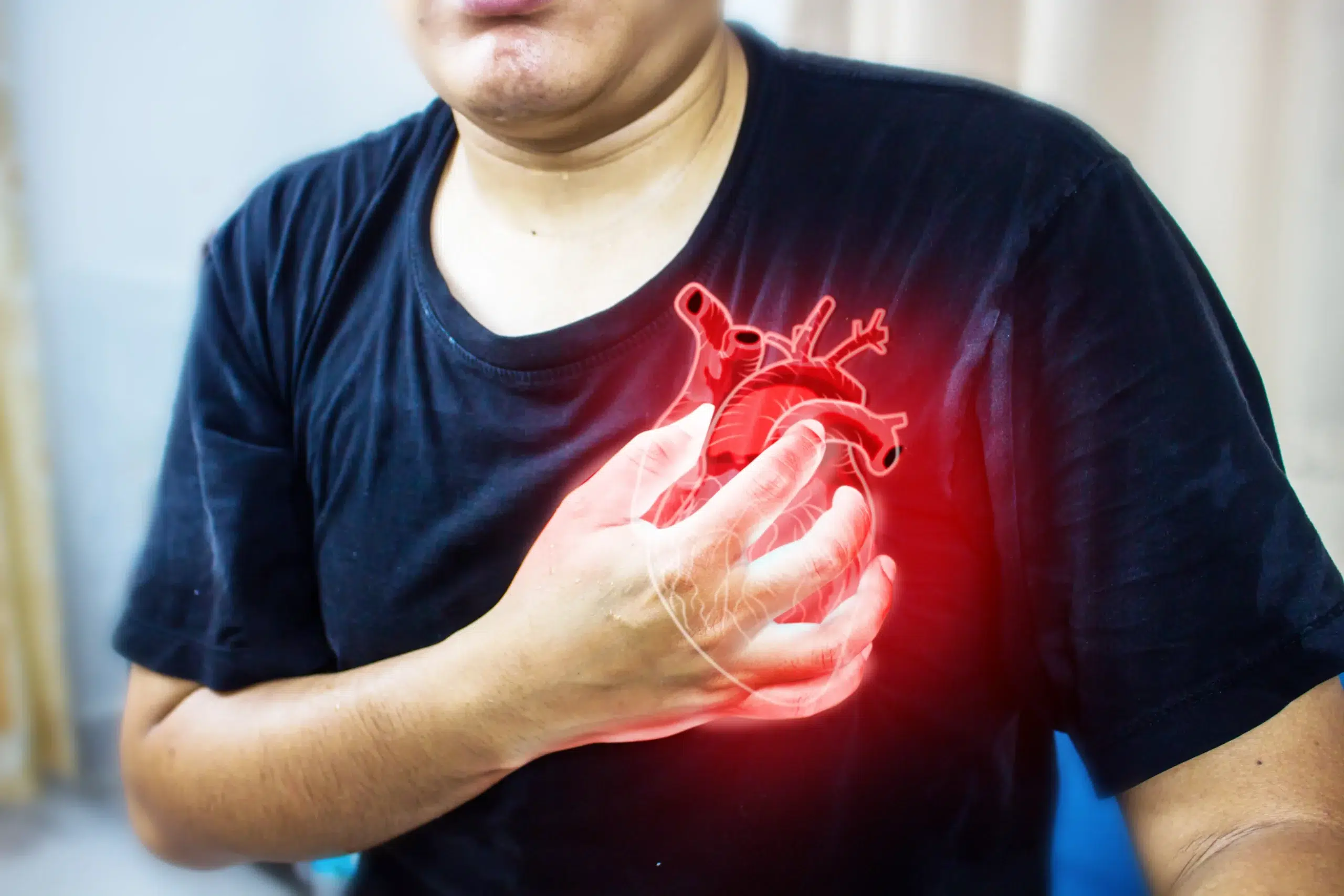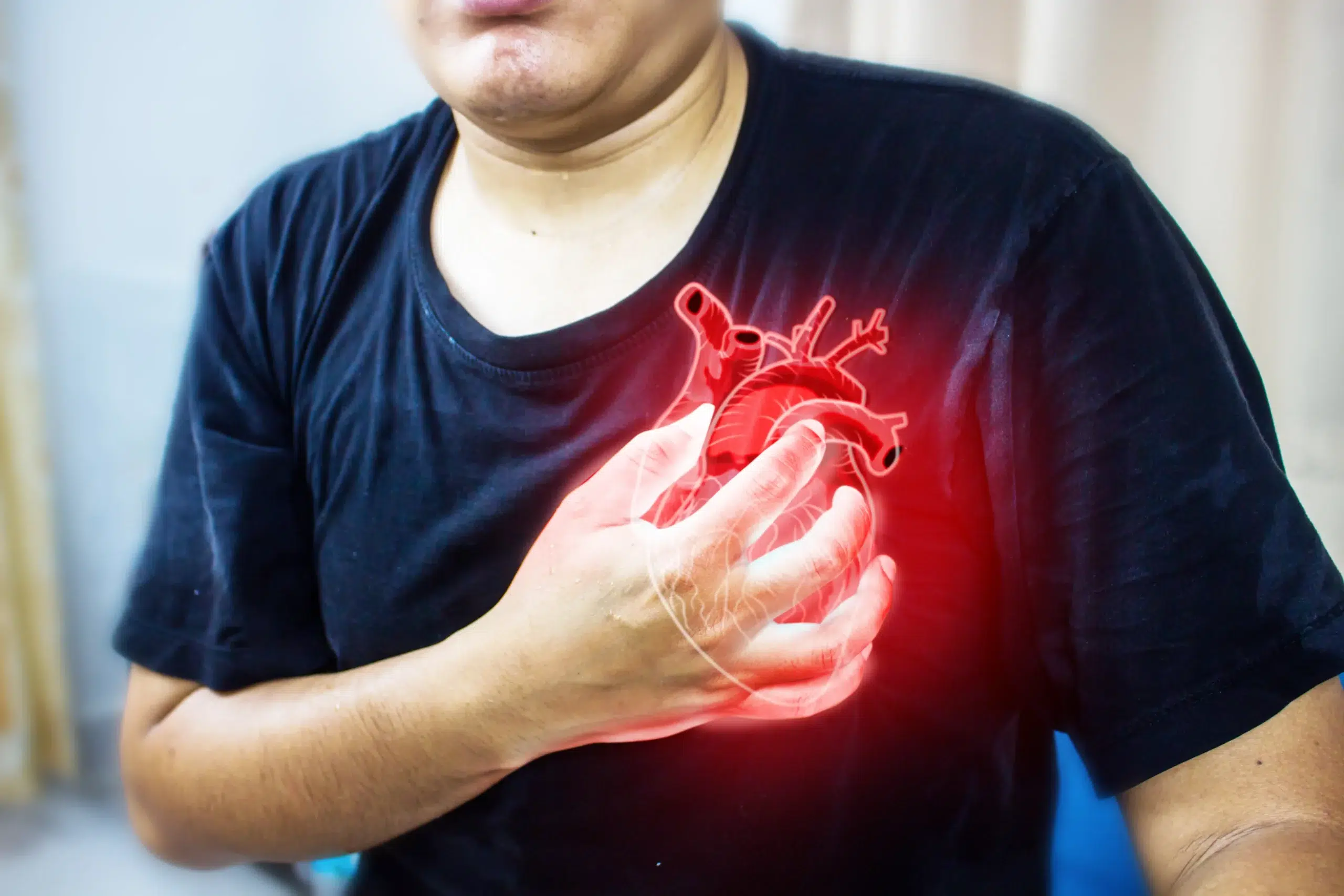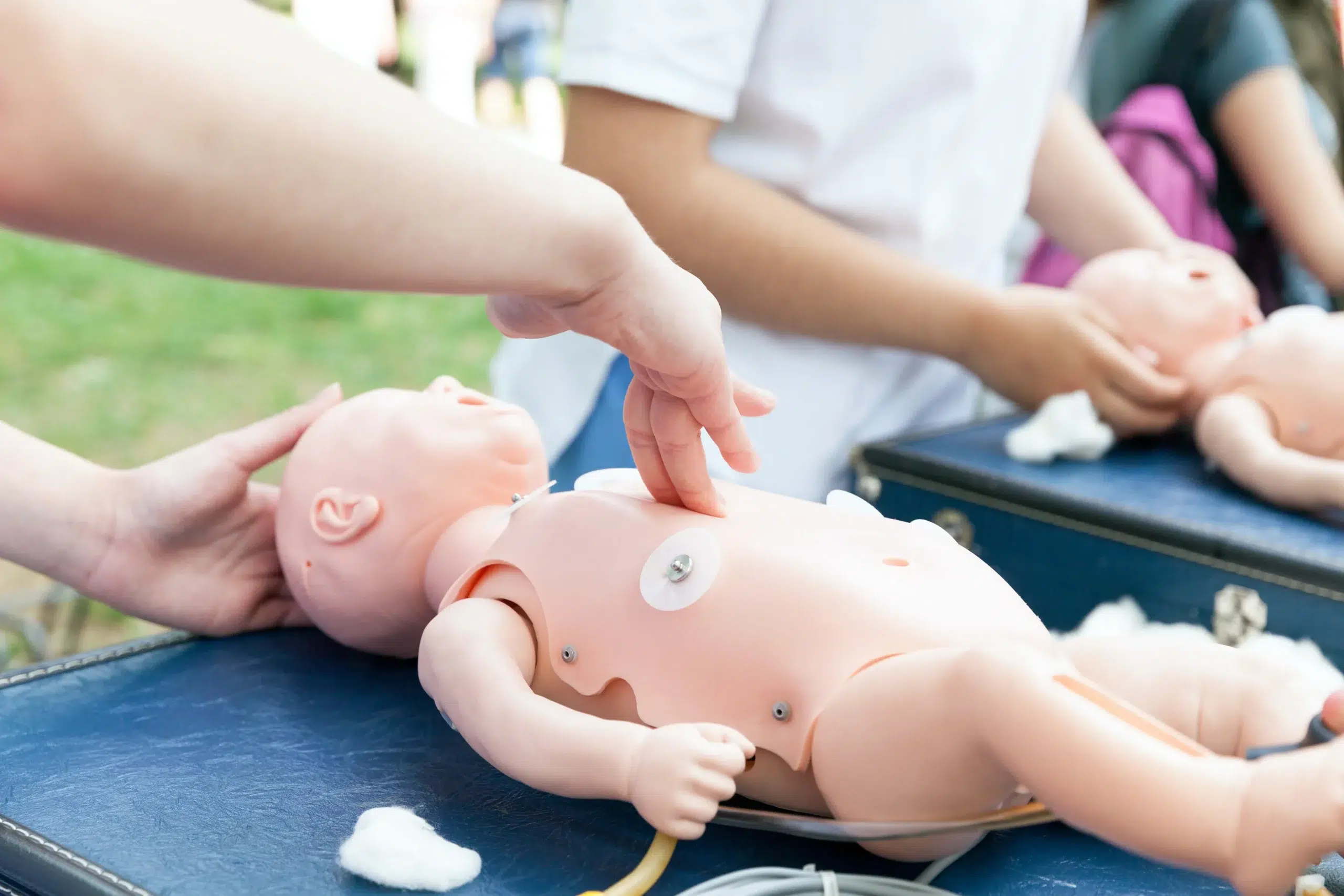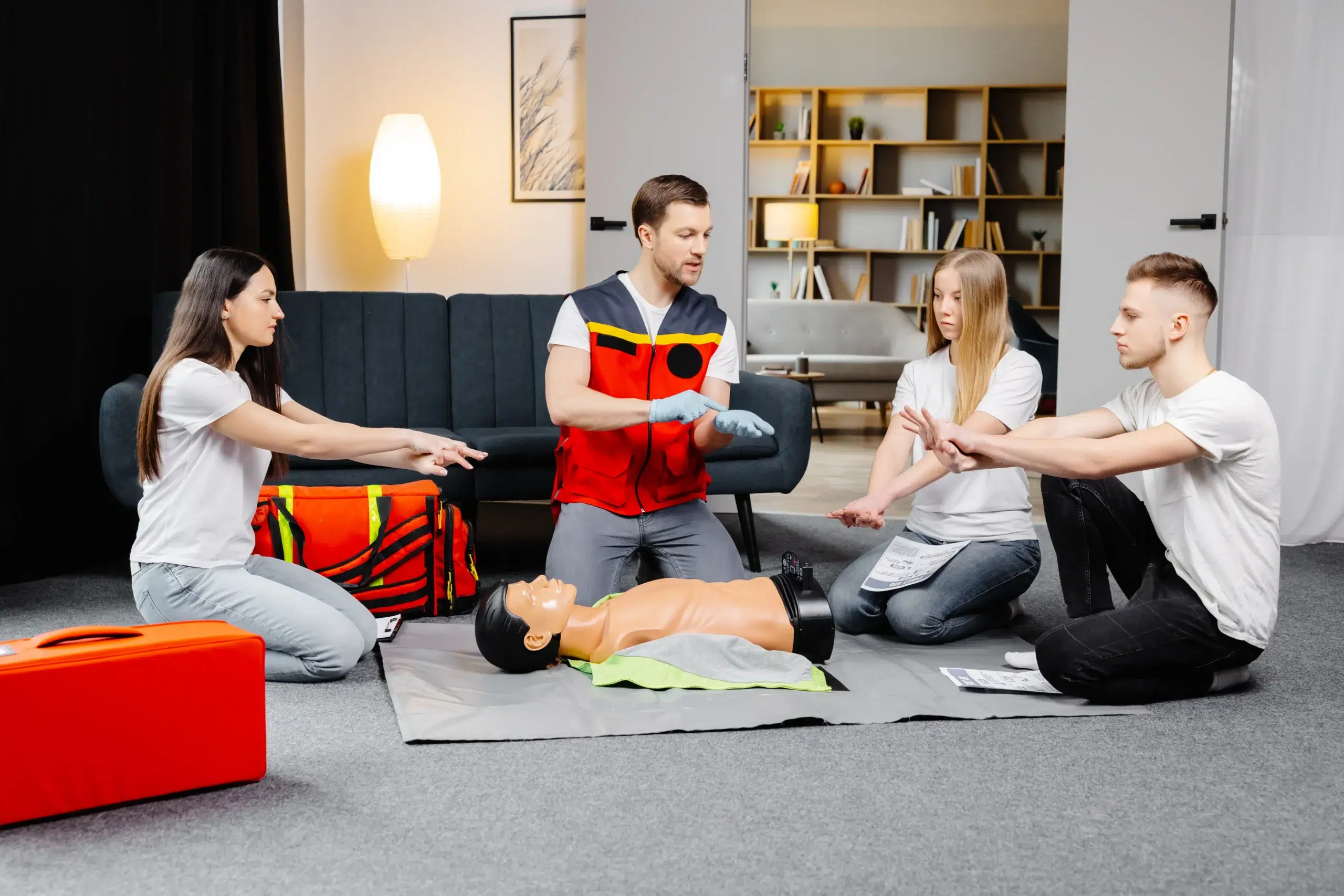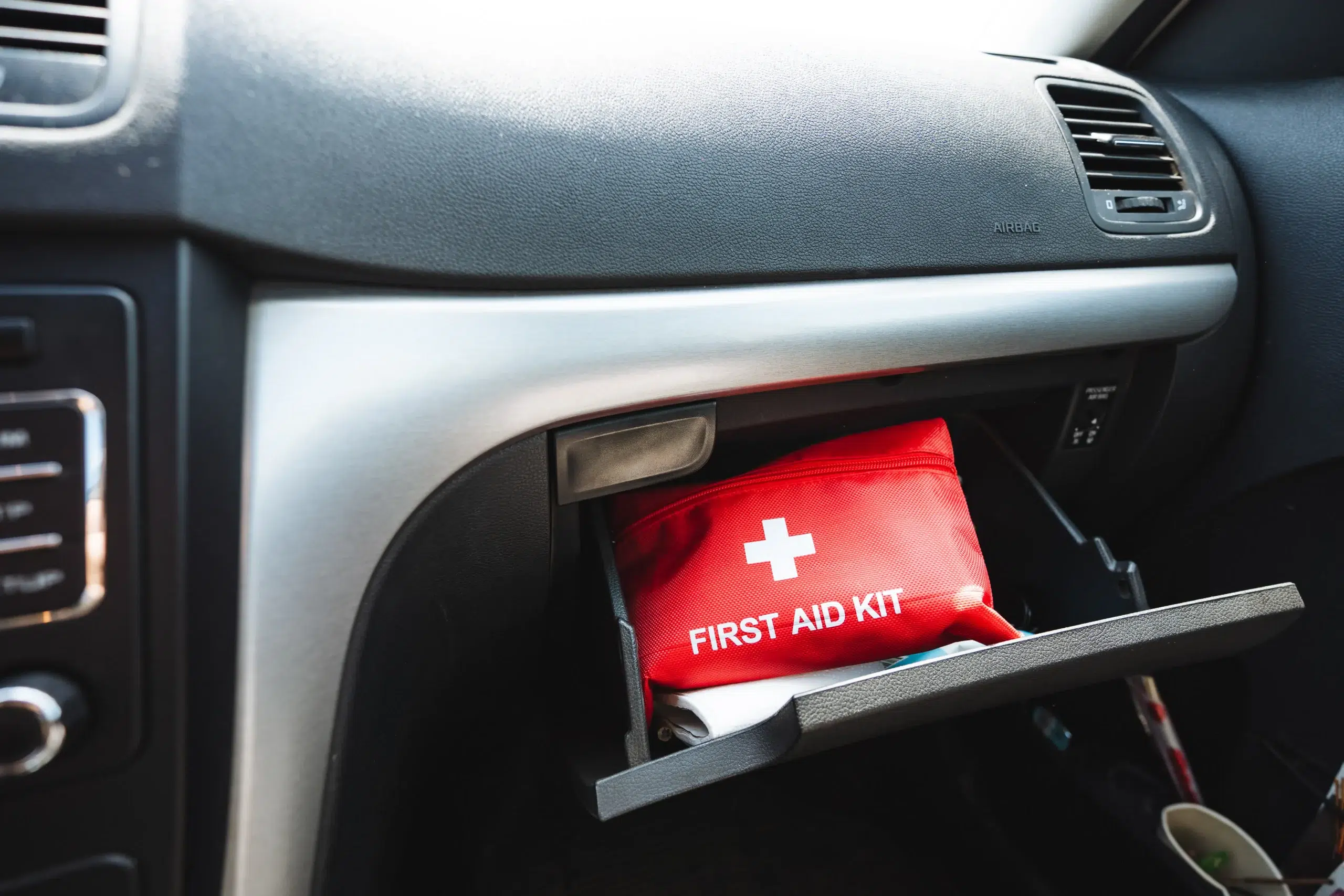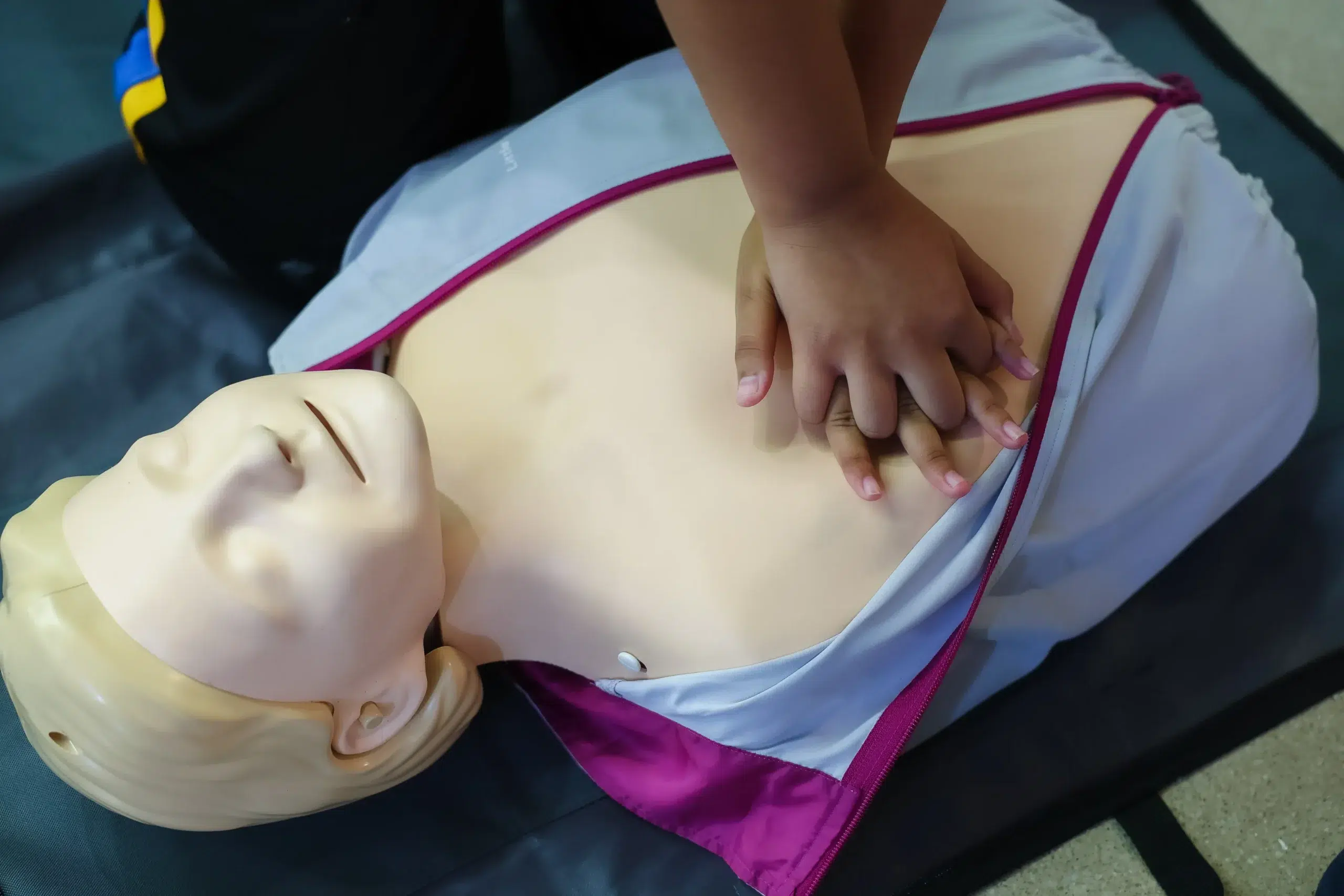Surviving sudden cardiac arrest and undergoing CPR is a life-defining event for many individuals. While most of the attention often goes to the physical rehabilitation of survivors, another critical—yet often overlooked—aspect is psychological recovery. The trauma of a near-death experience, coupled with sudden lifestyle changes, can take a toll on mental health, leaving survivors grappling with emotional challenges that affect their overall well-being.
This blog dives deep into the impacts of cardiac arrest on mental health, offers actionable coping strategies, and stresses the importance of mental and emotional recovery to complement physical healing.
What You’ll Learn in This Blog:
- The psychological effects of CPR survival, including acute stress and long-term mental health conditions.
- Practical strategies and tools to help survivors and their families cope.
- Why addressing emotional recovery is a crucial part of healing.
By the end of this guide, you’ll not only better understand the aftermath of cardiac arrest but also be equipped with the insights and resources to support psychological recovery effectively.
Understanding the Psychological Impact of CPR
Undergoing CPR after cardiac arrest or witnessing a life-threatening event often leaves survivors feeling emotionally overwhelmed. These emotional responses fall into two key phases—immediate and long-term effects—which often intertwine with each other.
Immediate Emotional Responses
Once resuscitated, many survivors report feeling a mix of fear, confusion, and anxiety. This immediate emotional turbulence is not surprising given the sheer trauma of the experience.
- Fear and Confusion: Survivors often wake in the hospital disoriented, with no clear memory of the event. For them, understanding what happened and why can add to their anxiety.
- Acute Stress Disorder (ASD): Some survivors experience flashbacks, vivid memories, or hypervigilance over their health or surroundings. This early response may develop within the first month after the event.
Long-Term Effects on Mental Health
Psychological scars from cardiac arrest can linger for months—or even years—if left unaddressed. Survivors may experience any of the following conditions:
- Post-Traumatic Stress Disorder (PTSD): Studies show that PTSD rates in cardiac arrest survivors range between 19% and 27%. Symptoms include intrusive memories, nightmares, and a heightened sense of danger.
- Depression and Anxiety: Research published in the Resuscitation Journal indicates that 14% to 45% of cardiac arrest survivors develop depression, while anxiety affects 13% to 61%.
- Survivor’s Guilt: Survivors sometimes feel unworthy of their second chance at life, especially if others did not survive the same event.
- Reflection and Worldview Adjustments: For some, survival prompts deep reflection on their mortality, relationships, and life purpose, which can either be empowering or unsettling.
Regular psychological screening early in the recovery process can help identify these challenges and set survivors on the path to healing.
Coping Strategies for Survivors and Families
Helping CPR survivors manage and overcome the psychological effects requires a comprehensive approach that includes both personal and professional support systems.
1. Mindfulness-Based Techniques
Mindfulness introduces stillness and clarity into the often chaotic mental state following cardiac arrest. Here are some techniques to try:
- Mindfulness Meditation: Focus on breathing to bring calmness and reduce anxiety. Apps like Calm and Headspace can provide guided sessions for beginners.
- Journaling: Writing down daily feelings can help survivors recognize emotional patterns and process their experience.
- Yoga and Gentle Stretching: These activities not only reduce stress but also aid in physical rehabilitation after cardiac arrest.
2. Support Networks
The importance of community cannot be overstated in recovery. Family and friends play crucial roles in offering stability and reassurance during challenging moments.
- Survivor Communities: Cardiac arrest survivor forums, like those hosted by the American Heart Association, allow individuals to share experiences and support each other.
- Family Support: Relatives are encouraged to partake in caregiving workshops or family counseling to better understand how they can help the survivor heal.
3. Lifestyle Adjustments
Adopting positive habits brings a sense of structure and normalcy back to life. Here’s what survivors are encouraged to focus on:
- Physical Activity: A gradual return to exercise, under a doctor’s supervision, improves endorphin levels and overall mood.
- Balanced Nutrition: Foods rich in omega-3 fatty acids and vitamins C and D promote brain health and emotional well-being.
- Sleep Hygiene: Consistent sleep schedules help combat insomnia and stabilize emotional health.
4. Seeking Professional Help
Even with the best personal practices, professional mental health support can be invaluable for survivors. Trauma-informed therapy ensures survivors confront and process their experiences.
- Cognitive Behavioral Therapy (CBT) focuses on changing negative thought patterns into more positive, empowering ones.
- Eye Movement Desensitization and Reprocessing (EMDR) is specifically effective for individuals struggling with PTSD.
Encourage friends or family to consult therapists who specialize in health crises to ensure survivors get tailored, compassionate care.
Why Psychological Recovery Is Essential
Addressing the mental aftershocks of a near-death experience is as critical as physical rehabilitation. Trauma and stress not only affect emotional well-being but can also hinder physical recovery by increasing blood pressure, weakening the immune system, and disrupting the body’s ability to heal.
Survivors who invest in both physical rehabilitation (e.g., cardiac therapy) and psychological support are more likely to regain a higher quality of life post-CPR. Emotional healing empowers survivors to rebuild their lives with confidence, purpose, and a renewed zest for life.
Empower Yourself Through CPR Training
While psychological recovery is crucial for survivors, prevention and preparedness are equally important. Whether you’re directly supporting a loved one or want to step up in your community, gaining CPR training helps create safer environments for all.
Organizations like Safety Training Seminars offer AHA-certified courses in Roseville such as:
- CPR and First Aid
- Basic Life Support (BLS)
- Advanced Cardiac Life Support (ACLS)
- Pediatric Advanced Life Support (PALS)
Learning how to administer CPR ensures that more lives can be saved—and with less trauma to survivors.
Building Resilience After the Storm
Recovering from a cardiac arrest is no small feat. It requires a combination of medical care, emotional resilience, and continuous support from loved ones. While the psychological road to recovery may be challenging, many survivors emerge from the experience with a deeper appreciation of life and an enduring sense of hope.
If you or someone you know could benefit from these insights, please share this article today. And for further support, consider enrolling in a local CPR training course to make an even greater impact.



